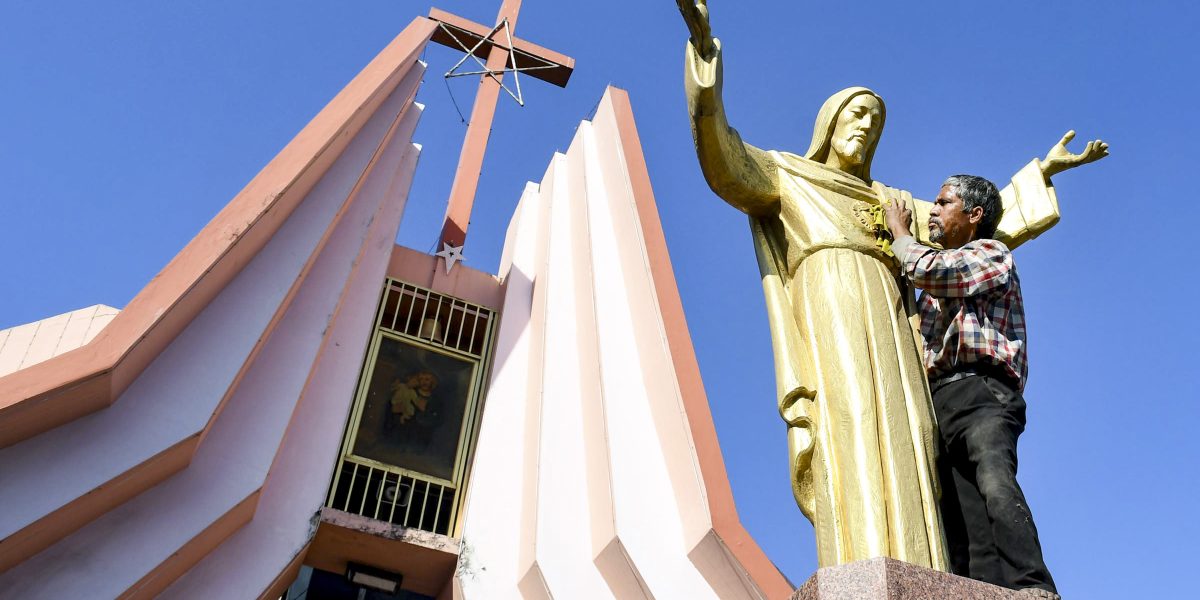Five processes that were strategically and systematically executed by the Rashtriya Swayamsevak Sangh (RSS) using the Narendra Modi-led political leadership at the Centre were at the core of a discussion by rationalists, intellectuals, progressive thinkers, advocates, and civil rights activists at a recent critique session held in Bengaluru.
The discussion, organised by the Bahutva Karnataka, People’s Union for Civil Liberties (PUCL) India, and the All India Lawyers’ Association for Justice (AILAJ), was led by activist-journalist Shivsundar, activist-lawyer Maitreyi Krishnan, and Dr R Mohanraj, state president, the Republican Party of India.
The discussion primarily revolved around a few questions and a cultural and constitutional way ahead post the Babri Masjid demolition and the consecration of the Ram temple: What does the prime minister presiding over the Ayodhya temple consecration on 22 January mean for the Indian Republic; what implication does the Babri judgement have for places of worship in Karnataka; and how do we build on the legacy of the values of revolutionary cultural visionaries like Basavanna and Kuvempu?
Shivsundar said he remembered the 50 years of the Supreme Court in 2000. “The then Chief Justice of India was BN Kirpal. They released a book, Supreme But Not Infallible. The title conveyed that ‘Supreme’ is not incapable of making mistakes or being wrong,” he said.
However, he claimed that the speech of the present Chief Justice of India DY Chandrachud on the 75th year of the Supreme Court had nothing that empowered the citizens.
Shivasundar delved into the five processes that were taken up systematically by the right-wing RSS, taking control of the country’s reins using Prime Minister Modi. He said “Modi is a symbol and not a person” for the RSS.
This story was originally published in thesouthfirst.com. Read the full story here.





